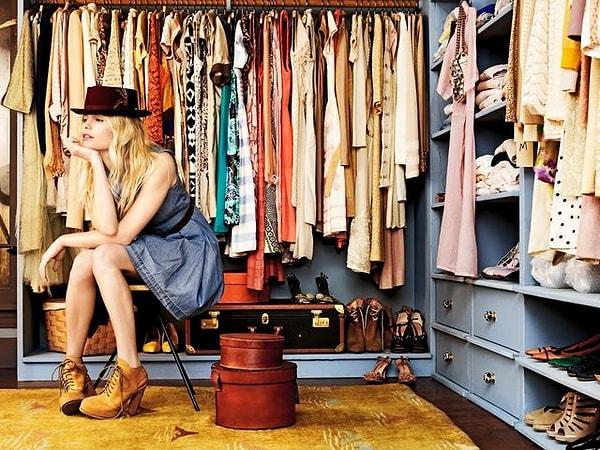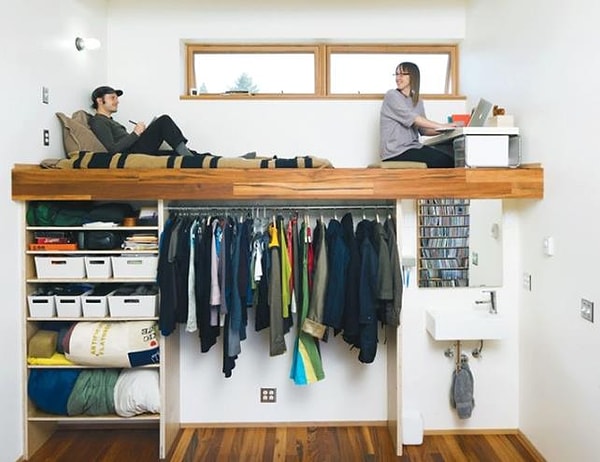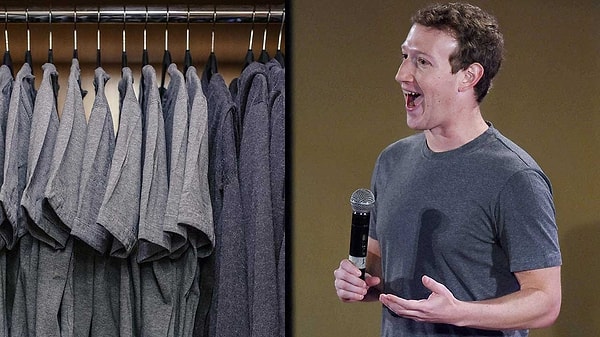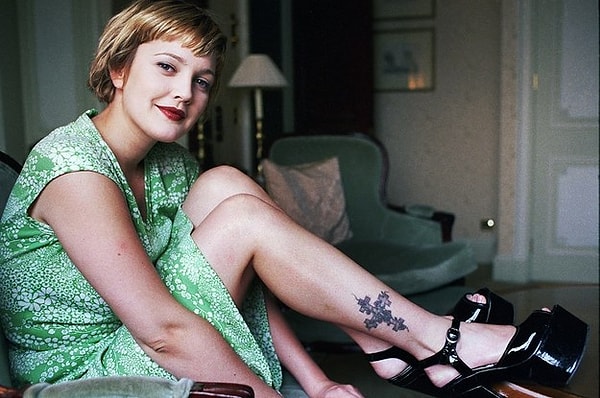The Capsule Wardrobe: Why Successful People Wear The Same Thing Every Day
It's time to let you in on a secret that style bloggers and fashion designers have known for years: ’Capsule wardrobe’ refers to the idea of wearing just 10-15 basic things all the time, which will help you cut clutter and save money! What is particularly intriguing is the fact that so-called capsule wardrobe movement continues to gain momentum while more and more successful and famous people are being drawn into it.
Here are eight fascinating reasons why this is happening.
1. Fewer decisions.

Decision fatigue refers to the deteriorating quality of decisions made by an individual after a long session of decision making. For people who make significant decisions every day, the removal of even one — choosing clothes in the morning — leaves them with more mental space and better productivity throughout the day.
This forms the basis for President Barack Obama’s limited fashion options, ’You’ll see I wear only gray or blue suits. I’m trying to pare down decisions. I don’t want to make decisions about what I’m eating or wearing. Because I have too many other decisions to make.’ Mark Zuckerberg cites similar rationale. One less frivolous decision in the morning leads to better decisions on things that really matter.
2. Less time wasted.

We have no idea how much of a burden our possessions have become until we begin to remove them. But when we do, we immediately discover a new life of freedom and opportunity. It was almost five years ago that I first experimented with Project 333 — a personal challenge of wearing only 33 articles of clothing for a period of three months. The project is simple, life-changing, and wildly beneficial. I quickly discovered one of the greatest benefits of limiting my wardrobe: the gift of time. Getting ready in the morning became easier, quicker, and more efficient.
3. Less stress.

Matilda Kahl, an art director in New York cites both decision fatigue and less time getting ready as her reason for wearing the same outfit everyday. But she adds another: less stress — specifically, less stress during the day over the decision she originally made in the morning. ’Is this too formal? Is that too out there? Is this dress too short? Almost always, I’d choose something to wear I regretted as soon as I hit the subway platform.’ But now, in her trademark silk white shirt and black trousers, she has one less source of anxiety during the day.
4. Less wasted energy.


Christopher Nolan has created several of the most critically and commercially successful films of the early 21st century. But, according to New York Times Magazine, he decided long ago it was ’a waste of energy to choose anew what to wear each day.’ Now, he settles instead for a dark, narrow-lapeled jacket over a blue dress shirt with black trousers over sensible shoes to wear each day.
Not only do large wardrobes require more decision-making, they also require more maintenance, more organization, and more shuffling around.
5. Feeling put together.

Denaye Barahona is a young mother in Dallas, TX. This spring, she exchanged her full, disorganized closet for a minimal wardrobe of versatile pieces she loves to wear. She summarizes the difference like this, ’Pre-capsule, my wardrobe was like the Cheesecake Factory menu. It went on for days and was overwhelming. Most of my options didn’t fit right, didn’t look right, or I just plain didn’t like. On the other hand, my capsule wardrobe is like a fine-dining restaurant. I have fewer choices but I can be sure all of the choices will be amazing. Not only do I look better, I feel better.’
6. Iconic.

Alice Gregory is a writer living in New York City. Last year, her piece for J. Crew magazine brought a new word into my reasoning for wearing a uniform. She called it ’Iconic. A cheap and easy way to feel famous.’ She continues, ’A uniform can be a way of performing maturity or, less charitably, impersonating it. A uniform insinuates the sort of sober priorities that ossify with age, as well as a deliberate past of editing and improving.’
Alice points out that wearing the same outfit everyday is a way of asserting your status as a protagonist. ’This is the reason why characters in picture books never change their clothes: Children — like adults, if they’d only admit it — crave continuity. Adopting the habit of wearing a uniform is not unstylish — this is a classification that no longer applies.’
7. Less expense.

Our closets are full of clothes and shoes purchased but rarely worn. The average American family spends $1,700 on clothes annually. Which may not seem like a lot — until you consider that most clothing purchases are not based on need at all. In 1930, the average American woman owned nine outfits. Today, that figure is 30 — one for every day of the month.
Living with a capsule wardrobe or adopting an iconic uniform removes most of the waste and expense from trial-and-error clothing purchases — not to mention all the time wasted shopping for items only to return later.
8. Last but not least: More PEACE.

Last month, Drew Barrymore wrote an article for Refinery 29 highlighting her new stage of life and relationship with clothes. ’For starters, I’m almost 40, and the twenties clothes don’t make sense anymore. And, after two babies, the thirties clothes don’t fit anymore. I am at a clothing crossroads, and it’s a painful one at times.’ To counter these feelings, Drew put herself on a closet diet limiting her wardrobe and only buying items thoughtfully. Months later, her closet is ’sane and happy.’ Getting dressed is no longer a battle. And her fashion sense is ’now calmer and more peaceful.’
We are a society drowning in our possessions. People are looking for freedom and rescue. They are searching for new solutions. No wonder the capsule wardrobe movement continues to grow.
Keşfet ile ziyaret ettiğin tüm kategorileri tek akışta gör!

Send Comment